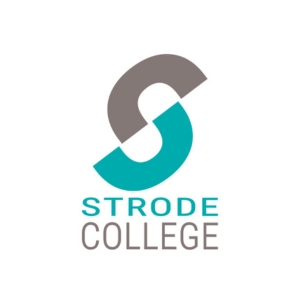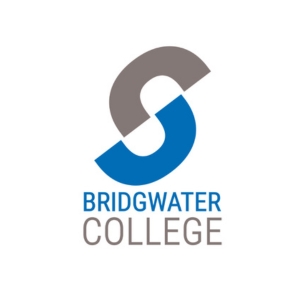Somerset Supported Employment
Imagine the possibilities with the right opportunities
Supported Employment helps individuals overcome barriers to work while gaining valuable skills and experience.
Supported Apprenticeships and Traineeships offer practical training in a specific industry, with additional support and guidance to help them succeed. They are tailored for those facing barriers to employment or training, such as individuals with disabilities. These programs can benefit both learners and employers.
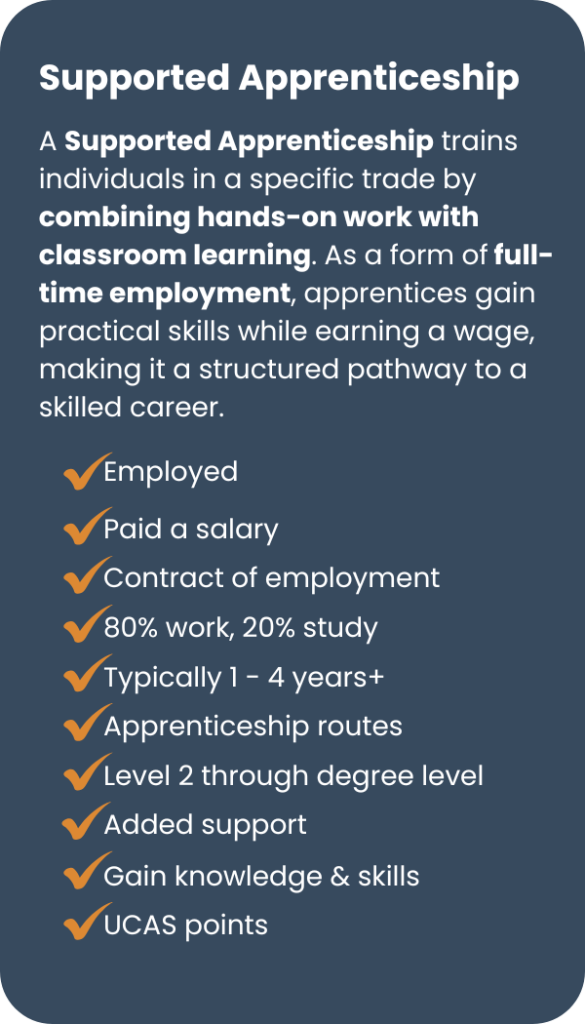
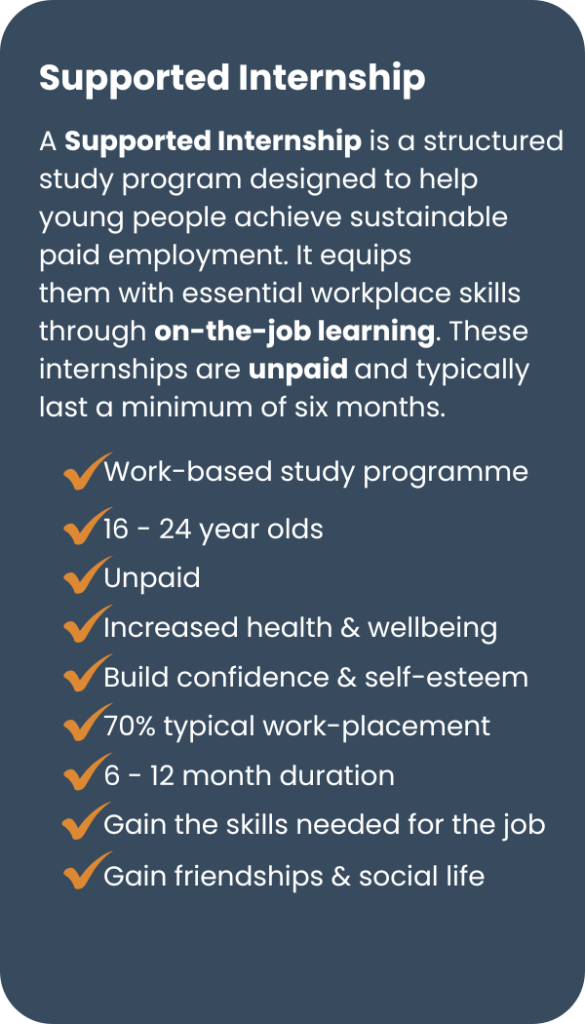
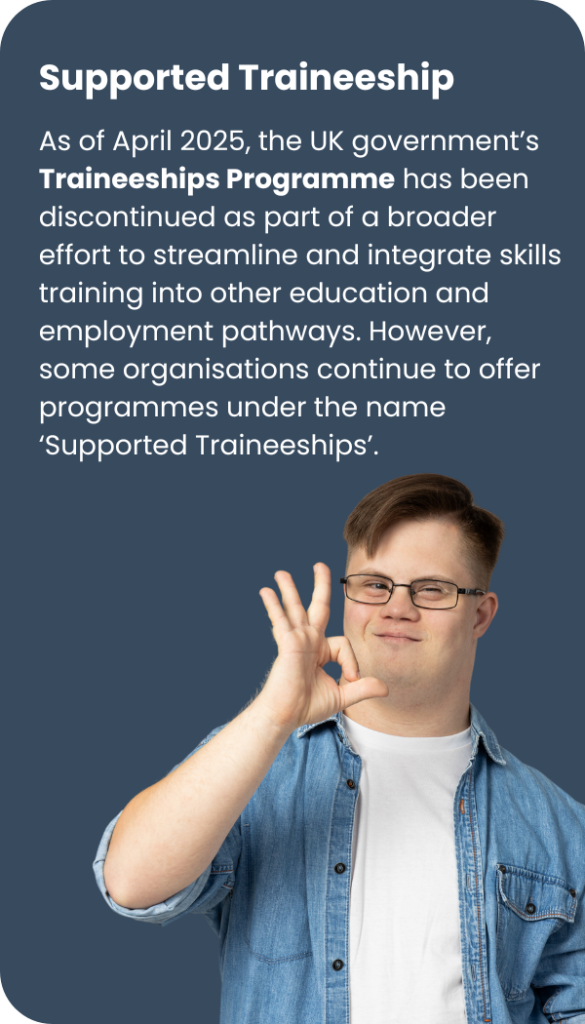

“We know that people with a learning disability can and do make hard working and enthusiastic employees. They bring new skills, talents and perspectives to their employers and, with the right support, they will remain loyal and longstanding employees”.
– Dr Julie Young, Advisor Careers & Pathways, Somerset Council
Frequently asked questions (FAQS)
A learning disability is a lifelong condition that affects a person’s ability to acquire, process, or retain information, making learning, reading, writing, or problem-solving more challenging. It does not affect intelligence but may require tailored support and strategies for learning and daily tasks.
We encourage employers to keep an open mind, as everyone is different. However, the type of roles that would generally suit most people with a learning disability include those that:
- Require practical skills that can be learnt through practice and repetition
- Do not require a high-level qualification
- Do not require a driving license
- Have fixed elements and only include minimal multitasking
- Involve working within a team where tasks can be shared and support offered
- Include options to do specific parts of a job description but not all of it (called job-carving)
The Education, Health & Care Plan or EHCP is a legal binding document which sets out the education, health and social care needs a child or young person has and the support that is necessary to cater for those needs.
All employees, regardless of disability, may experience fluctuations in performance, including challenges with attendance, behavior, or conduct. Before taking action to address poor performance, it is essential to make reasonable adjustments to support disabled employees and provide them with the opportunity to improve.
Employers are legally required to make reasonable adjustments to ensure that workers with disabilities or physical or mental health conditions are not unfairly disadvantaged in their roles.
These adjustments can include visual fire alarms, wheelchair ramps, or specialised equipment, task-based adjustments, changes to work processes and policies, flexible working hours and supervision, job coaching and alternatives to online-only application processes.
While employers must make workplace adjustments for employees with learning disabilities, these changes do not always involve additional costs. Many adjustments can be funded externally through supported employment services.
Yes! There are long-term benefits of making workplaces more inclusive, such as:
✅ Improved employee retention and loyalty
✅ Increased staff morale and productivity
✅ Economic benefits through reduced recruitment costs
Access to Work provides grants to cover support costs for individuals with disabilities, such as special equipment, adaptations, travel, and communication support during interviews. It also offers a mental health support service. The scheme helps employers cover extra costs for reasonable adjustments, including equipment or workplace modifications, reducing financial burdens.
Success Stories!
Meet Liam and Finn. Two individuals who thrived in their Supported Traineeships and have both gone on to secure full-time employment.
“I love this job so much and I’m happy to come to work every day”.
Supported Employment Partners
We are proud to support a wide range of organisations, employers, training providers, and support services across Somerset that create supported employment opportunities, deliver essential services, and advocate for individuals with Special Educational Needs and Disabilities (SEND).
Want to hear more about your supported employment options?
Whether you’re an individual looking to start your journey into supported employment, a carer, or an employer seeking guidance, get in touch for free, impartial advice from one of our advisors.



